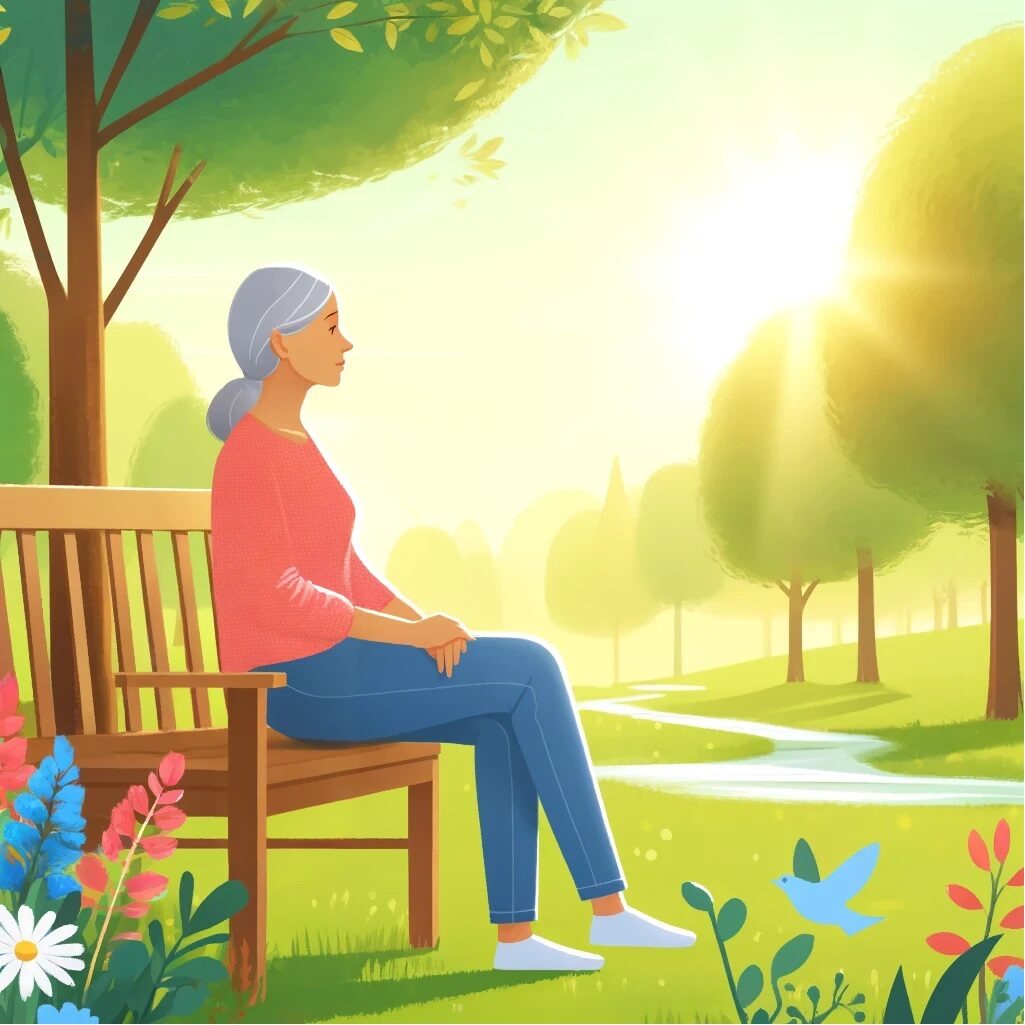The Surgeon General’s Report Reveals Alarming Health Impact of Isolation on Seniors
Category:

As the world evolves, so does our understanding of health and wellness. One area that has garnered significant attention in recent years is the impact of isolation on the health of seniors. The COVID-19 pandemic made this isolation even more acute. In a recent report released by the Surgeon General, the detrimental effects of isolation on the elderly have been brought to the forefront.
Lacking social connection can increase the risk for premature death as much as smoking up to 15 cigarettes a day. Some studies suggest that mortality rates are 26% higher for the socially isolated. Further, social isolation among older adults accounts for an estimated $6.7 billion in excess Medicare spending annually. This additional unanticipated healthcare expense is due to increased health risks associated with social isolation and loneliness, such as heart disease, stroke, and depression, which require medical attention and care.
This blog will delve into the key findings of the report and shed light on the alarming health consequences that isolation can have on seniors.
- Increased Risk of Physical Health Problems:
Isolation has been linked to a range of physical health issues among seniors. Research shows that socially isolated older adults are at a higher risk of developing chronic conditions such as cardiovascular disease, hypertension, obesity, and even premature death. The lack of social connection can lead to a sedentary lifestyle, poor dietary habits, and neglect of self-care, all of which contribute to the deterioration of physical health.
- Decline in Mental Well-being:
Loneliness and social isolation can significantly impact seniors’ mental health. The Surgeon General’s report highlights that isolated seniors are more likely to experience symptoms of depression, anxiety, and cognitive decline. The absence of meaningful social interactions and support networks can lead to feelings of loneliness, helplessness, and worthlessness. Such negative emotions can exacerbate mental health conditions and reduce overall quality of life.
- Cognitive Impairment and Dementia:
Isolation has also been linked to cognitive decline and an increased risk of developing dementia. The lack of mental stimulation, social engagement, and emotional support can contribute to the deterioration of cognitive abilities. The report underscores that social interaction and cognitive engagement play vital roles in maintaining brain health and preventing cognitive decline among seniors.
- Impact on Physical and Emotional Recovery:
For seniors recovering from illnesses, surgeries, or traumatic events, isolation can hinder the healing process. The report highlights that social support networks play a crucial role in facilitating recovery and rehabilitation. Isolated seniors may experience delayed healing, increased hospital readmissions, and heightened levels of stress, which can impede their overall well-being and recovery trajectory.
- Increased Mortality Rates:
Perhaps the most concerning finding of the Surgeon General’s report is the link between isolation and mortality rates among seniors. Social isolation and loneliness have been associated with a higher risk of premature death – up to 26% higher. The report emphasizes that the impact of isolation on mortality is comparable to that of well-known risk factors such as smoking, obesity, and physical inactivity.
So what can be done?
- Establish a reliable network of people who can assist in an emergency involving a parent or loved one, and explore alternative living arrangements, including a professional caregiver, if you’re concerned about their safety and well-being.
- Encourage your parent or loved one to participate in community activities or groups to maintain social connections, such as volunteering, joining a club or organization, or attending events at a local community center.
- Use technology to keep in touch regularly, such as video chats, phone calls, and text messages.
- Help your parent or loved one find and use online resources to stay engaged and informed, such as virtual classes, online forums, and social media platforms.
- Consider hiring a professional caregiver or companion to provide social engagement and support on a regular basis.
- Stay informed about your parent/loved one’s health and well-being by communicating regularly with their healthcare provider, and encourage them to seek medical attention if needed.
Conclusion:
The Surgeon General’s recent report has shed light on the detrimental health consequences of isolation on seniors. As a society, we must recognize the urgency of addressing this issue and implementing strategies to combat social isolation among the elderly. Increased awareness, community support programs, and enhanced healthcare initiatives are essential to promote social connectedness and improve the overall well-being of our senior population.
To ensure the health and happiness of our seniors, we must foster a culture that values intergenerational connections, encourages community engagement, and provides accessible resources for combating isolation. By prioritizing social connectedness, we can create a brighter and healthier future for older adults, where they can thrive, stay mentally and physically active, and enjoy a fulfilling life surrounded by meaningful relationships.
#SeniorHealth #IsolationEffects #ElderlyCare #SocialIsolation #HealthConsequences #MentalWellbeing #CognitiveDecline #Loneliness #CommunitySupport #SeniorWellness #HealthyAging #ElderlyHealth #IsolationAwareness #HealthcareCosts #PublicHealth
Subscribe
Date: July 18, 2023
Category:


